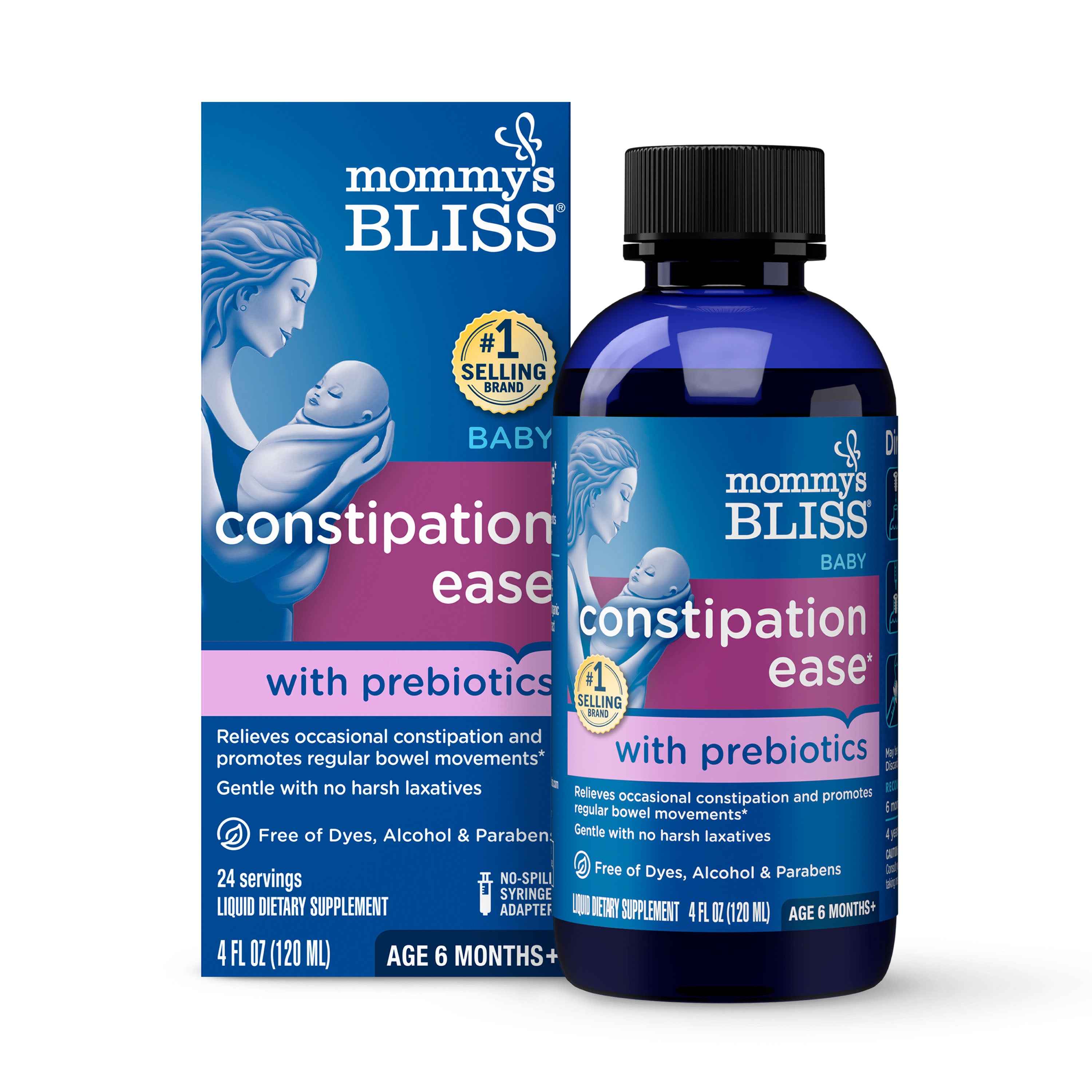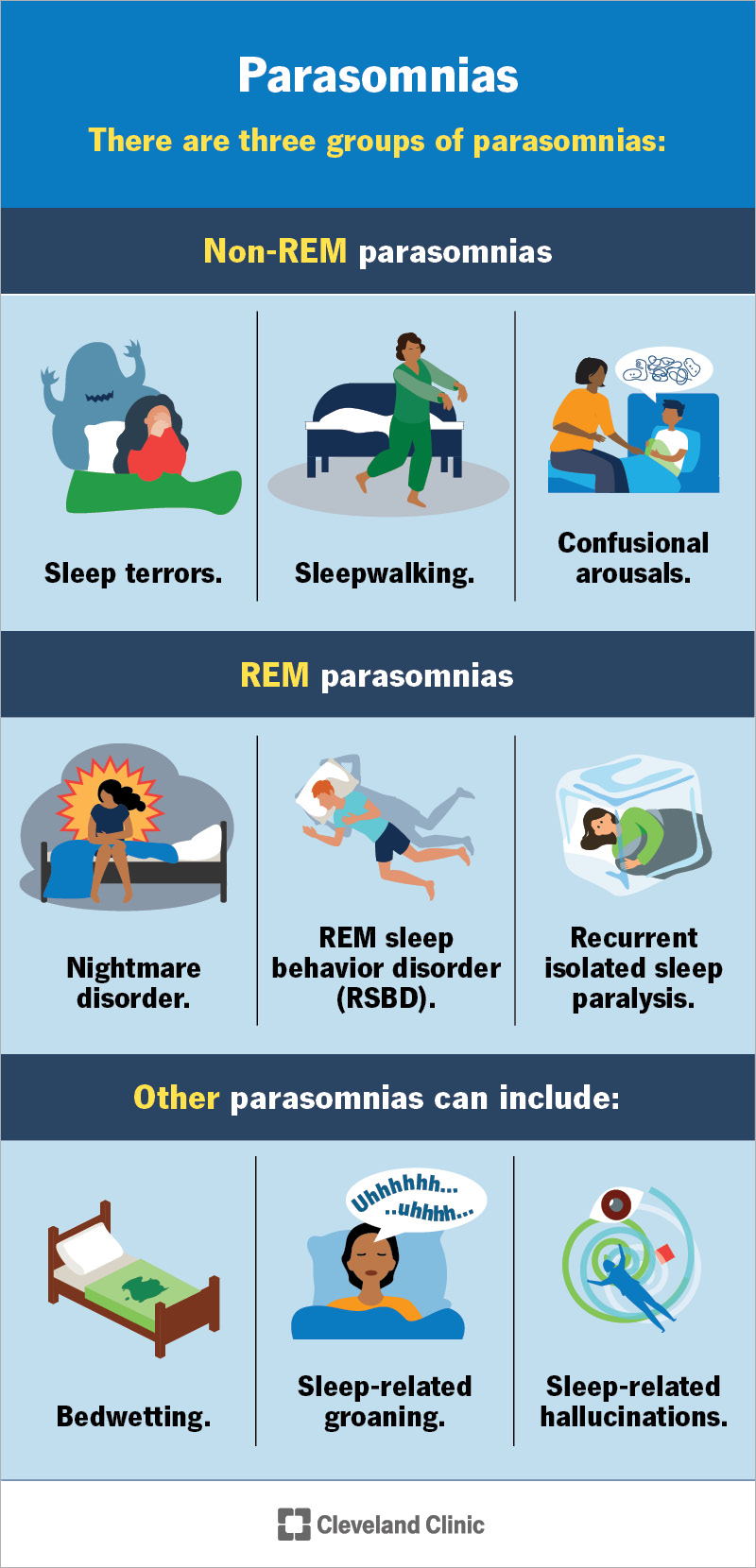
3. **Can’t Sleep? 6 Natural Remedies That Actually Work** 🌙
You toss, you turn, and the clock ticks relentlessly. Sleep seems like a distant dream, and the frustration builds.
You’re not alone. Many people face the nightly battle against sleeplessness. But here’s the good news: you don’t have to rely on medication to find relief. Imagine waking up refreshed and energized, naturally. You’ll discover six remedies that promise to transform your nights.
These solutions are backed by science and trusted by those who have found peace in the night. Ready to reclaim your sleep? Dive in and explore these natural remedies that might just change your life.
Causes Of Insomnia
Understanding the causes of insomnia can help in finding effective solutions. Many factors can disrupt sleep, leading to restless nights. Let’s explore some common causes that might be affecting your sleep.
Stress And Anxiety
Stress can keep your mind active at night. Racing thoughts often prevent relaxation. Anxiety can increase cortisol levels, hindering sleep. Worries about work, family, or health may disturb your rest. Finding ways to manage stress is essential for better sleep.
Poor Sleep Habits
Bad habits can sabotage your sleep. Irregular sleep schedules confuse your body’s clock. Bright screens before bed disrupt melatonin production. Consuming caffeine late in the day can keep you awake. Establishing a calming bedtime routine encourages better sleep.
Medical Conditions
Some health issues can cause insomnia. Chronic pain makes it hard to find a comfortable position. Breathing disorders like sleep apnea interrupt sleep cycles. Depression can lead to early waking or trouble falling asleep. Addressing these conditions may improve sleep quality.
Herbal Teas For Better Sleep
Herbal teas offer a soothing way to improve sleep quality. Many people rely on these natural remedies for a restful night. With calming properties, certain teas can help ease stress and promote relaxation. Discover the best herbal teas for better sleep.
Chamomile Tea
Chamomile tea is a popular choice for relaxation. Known for its gentle sedative effects, it helps calm the mind. Drinking a warm cup before bed can ease anxiety. This soothing beverage encourages a peaceful sleep. Its mild flavor makes it enjoyable for many.
Lavender Tea
Lavender tea is well-regarded for its calming aroma. The scent alone can help relax tense nerves. Drinking lavender tea can reduce stress and improve mood. It supports a natural sleep cycle, making it easier to fall asleep. A cup of this fragrant tea can be a bedtime ritual.
Aromatherapy Solutions
Struggling with sleepless nights can be frustrating. Aromatherapy offers gentle solutions to help you unwind and relax. The soothing power of essential oils can transform your bedtime routine. They create a calming environment that promotes better sleep. Let’s explore how these oils and diffusers can be your sleep allies.
Essential Oils Benefits
Essential oils are nature’s gift for relaxation. Lavender oil is known for its calming effects. It helps reduce anxiety and stress, encouraging sleep. Chamomile oil is another sleep-friendly option. Its gentle aroma soothes the mind and body. You can also try ylang-ylang oil for a peaceful slumber. It lowers blood pressure and promotes tranquility.
Using Diffusers
Diffusers are simple devices that disperse essential oils into the air. They enhance your sleep environment with soothing scents. Choose an ultrasonic diffuser for quiet operation. Place it near your bed for optimal results. Add a few drops of your chosen oil to the water. Let the aroma fill your room as you prepare for rest. A diffuser can turn your bedroom into a serene oasis.

Credit: mommysbliss.com
Mindfulness And Relaxation Techniques
Struggling with sleepless nights? Mindfulness and relaxation techniques might help. These methods calm the mind, easing stress and tension. They promote a peaceful atmosphere, helping you unwind before bedtime.
Meditation Practices
Meditation soothes the mind, making sleep easier. Focus on simple techniques. Start with sitting quietly. Close your eyes. Breathe deeply. Let thoughts pass without judgment. Try guided sessions. Many apps offer them. They lead you through calming exercises.
Consistency matters. Meditate daily for better results. Even a few minutes help. Nightly routines make meditation a habit. Over time, your mind learns to relax. Sleep comes easier, naturally.
Breathing Exercises
Breathing exercises relax the body. They reduce stress. Start with deep breathing. Inhale slowly through the nose. Hold for a few seconds. Exhale through the mouth. Repeat for several minutes. Feel tension leave your body.
Try the 4-7-8 method. Inhale for four counts. Hold for seven counts. Exhale for eight counts. This pattern calms the nervous system. Practice before bed. It signals your body to relax. Sleep becomes more accessible and restful.
Physical Activity And Sleep
Struggling to fall asleep can be incredibly frustrating, especially when you’re exhausted. The connection between physical activity and sleep is often overlooked, yet moving your body can significantly enhance your sleep quality. Engaging in regular physical activity can help regulate your sleep patterns and improve your overall sleep experience.
Yoga For Sleep
Yoga is a powerful tool for promoting restful sleep. It combines gentle stretches, deep breathing, and meditation, helping to calm your mind and relax your body. You don’t need to be a yoga expert to benefit; even simple poses like the Child’s Pose or Corpse Pose can work wonders.
Imagine winding down your day with a few minutes of yoga. You might feel your stress melting away as your body relaxes. Have you ever considered how a simple bedtime routine could transform your sleep? Try incorporating a short yoga session before bed and notice the difference.
Benefits Of Regular Exercise
Regular exercise isn’t just about getting fit; it can also improve your sleep. Physical activity helps regulate your internal clock, making it easier to fall asleep at night. Plus, it can reduce stress and anxiety, which are common sleep disruptors.
Think about how invigorated you feel after a good workout. That energy boost can translate into a more restful night. Have you noticed how your sleep improves after a day of physical activity? Even a brisk walk or a bike ride can set you up for a better night’s sleep.
Choosing activities you enjoy makes staying active easier. Whether it’s dancing, jogging, or swimming, find what works for you. How can you fit a bit of exercise into your daily routine to enhance your sleep?

Credit: www.healthline.com
Dietary Adjustments For Sleep Improvement
Struggling to sleep? Dietary adjustments might help improve your sleep quality. Simple changes in your eating habits can make a big difference. The food you consume affects your body’s ability to rest. Let’s explore how you can adjust your diet to sleep better.
Foods To Avoid
Caffeine is a common sleep disruptor. Limit coffee, tea, and soda intake, especially in the afternoon. Chocolate also contains caffeine, so eat it sparingly. High-sugar foods cause energy spikes, keeping you awake. Avoid sugary snacks before bed.
Spicy foods can cause heartburn and discomfort. This disrupts sleep. Reduce spicy meals during dinner. Fatty foods take longer to digest. Avoid large, greasy meals at night for better rest.
Sleep-inducing Foods
Certain foods promote better sleep. Almonds contain magnesium, which relaxes muscles. Bananas have potassium, supporting muscle relaxation. Consider a small portion of turkey before bed. It contains tryptophan, which aids sleep.
Oatmeal is a comforting bedtime snack. It contains melatonin, a sleep hormone. Chamomile tea is soothing and improves sleep quality. A warm cup before bed can calm your mind.
Incorporate these foods into your evening routine. They support a restful night’s sleep. Making these dietary changes can improve your sleep naturally.
Creating A Sleep-friendly Environment
Creating a sleep-friendly environment is crucial for those struggling with insomnia. Sometimes, it’s not about what you do before bed but the space you sleep in. Transforming your bedroom into a sanctuary can make a significant difference in your sleep quality. Let’s explore how you can set up your bedroom and adjust lighting to pave the way for restful nights.
Bedroom Setup
Your bedroom should be your personal haven, solely dedicated to sleep and relaxation. Remove any clutter that might distract or stress you out. A tidy room can promote a sense of calm, making it easier to unwind.
Think about your bed. Is your mattress comfortable? Does your pillow support your neck? Investing in a good mattress and pillows can transform your sleep experience. You deserve comfort that feels like a gentle embrace every night.
Consider the colors of your walls and bedding. Soft, muted colors tend to be more soothing. Bright colors might energize you, which is great during the day but not at night. Choose tones that relax your mind and invite sleep.
The Role Of Lighting
Lighting plays a vital role in setting the mood for sleep. Harsh lighting can keep your brain alert when it should be winding down. Dim the lights as you approach bedtime to signal to your body that it’s time to rest.
Think about the light from electronics. Blue light from screens can trick your brain into thinking it’s daytime. Try limiting screen time an hour before bed. If you need to use devices, consider apps that adjust screen brightness and color.
Natural light also affects your sleep cycle. In the morning, let sunlight in to help your body wake up naturally. At night, use blackout curtains to keep your room dark. This helps regulate your internal clock and enhances sleep quality.
Have you ever considered how your environment impacts your ability to relax? Small changes can lead to big improvements in your sleep. What will you adjust first to create your perfect sleep sanctuary?

Credit: my.clevelandclinic.org
Frequently Asked Questions
What Is The Strongest Natural Sleep Remedy?
Valerian root is considered the strongest natural sleep remedy. It helps improve sleep quality and reduce insomnia symptoms. Other effective remedies include chamomile tea and lavender essential oil, which promote relaxation. Consult a healthcare professional before using any remedy to ensure safety and effectiveness.
What Is The Cure If You Can’t Sleep?
Improve sleep by maintaining a regular sleep schedule, creating a relaxing bedtime routine, and reducing caffeine intake. Consider meditation or deep-breathing exercises for relaxation. Ensure your sleep environment is comfortable and dark. If insomnia persists, consult a healthcare professional for advice or treatment options.
What Is The Best Natural Remedy For Lack Of Sleep?
Chamomile tea is an effective natural remedy for lack of sleep. It promotes relaxation and reduces anxiety. Magnesium-rich foods like spinach can improve sleep quality. Practicing meditation calms the mind, aiding restful sleep. Essential oils such as lavender are beneficial for relaxation.
Regular exercise supports better sleep patterns.
What Is The Most Powerful Herb For Sleep?
Valerian root is a powerful herb for sleep. It helps improve sleep quality and reduces insomnia symptoms. Many use it as a natural remedy for better rest. Always consult a healthcare professional before trying new supplements.
Conclusion
Struggling to sleep can be frustrating. Natural remedies offer gentle solutions. Consider trying herbal teas or calming scents. Regular exercise might ease tension and improve sleep quality. Meditation or deep breathing can relax your mind. Keep your bedroom dark and cool for better rest.
Experiment with these remedies to find what works for you. Everyone’s sleep needs are different. Remember, consistency is key. Stay patient and persistent. Better sleep is possible with the right approach. Embrace these natural methods and enjoy restful nights ahead.
Sleep well and wake refreshed.







